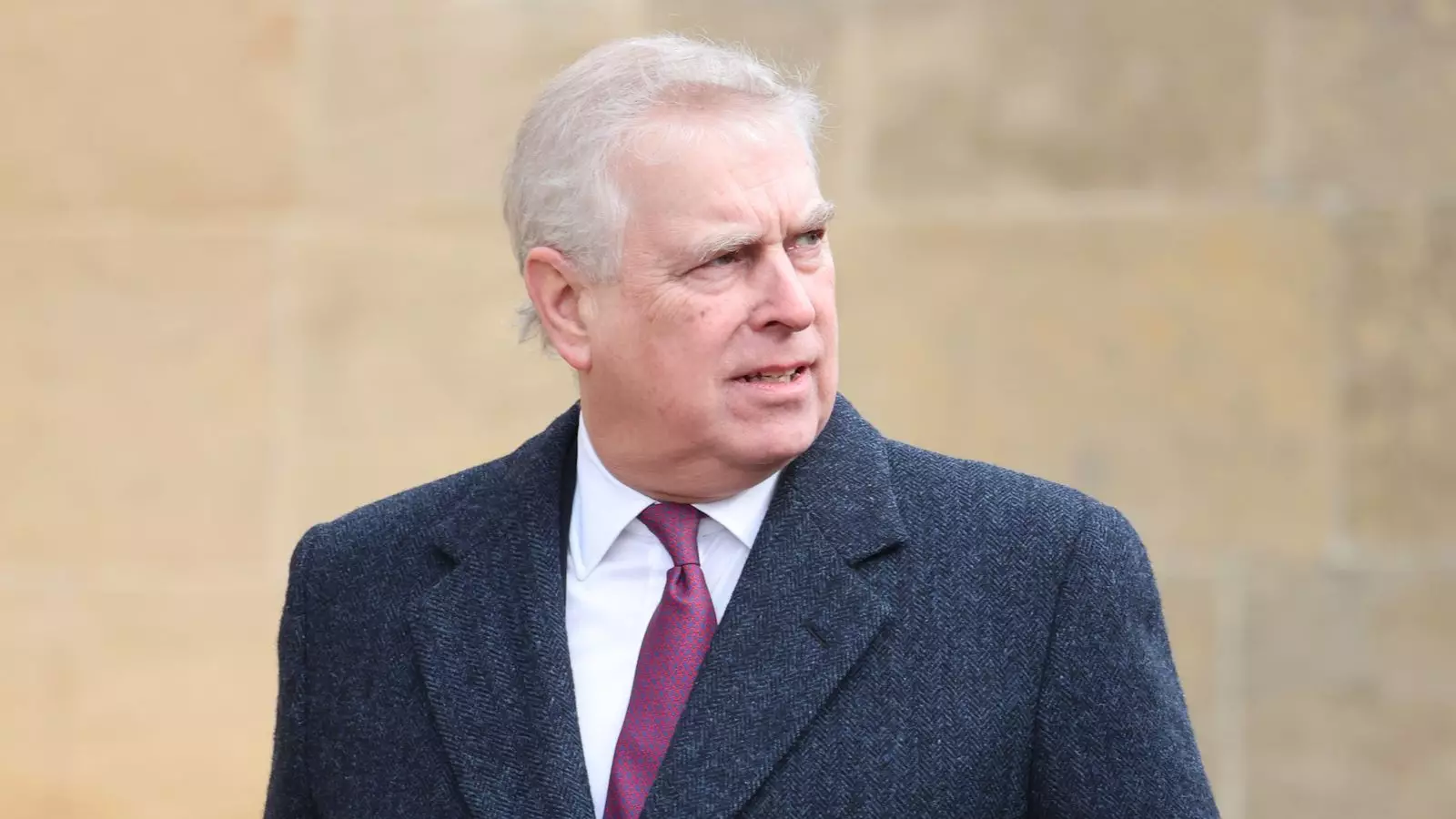The intricate web of connections surrounding public figures often brings scrutiny, particularly when issues of national security emerge. Prince Andrew, the Duke of York, has recently found himself at the center of such a situation, revealing how royal relationships can intersect with international espionage insinuations. This article delves into the context and implications of Andrew’s ties with an alleged Chinese spy, examining the factors at play within this dilemma.
Prince Andrew, aged 64, has stated that he has severed ties with a businessman, referred to in reports as H6, after the British government raised concerns regarding potential national security risks. The Duke claimed that this decision came upon receiving explicit advice from officials within the UK government. He deflected implications of wrongdoing, asserting that no discussions of a sensitive nature ever occurred between the two parties. Such public comments, however, serve as an attempt to distance himself from the ramifications that might arise from his previous associations.
The unnamed businessman was reportedly barred from entering the United Kingdom due to suspicions of engaging in covert activities for the Chinese Communist Party. This incident raises questions about the extent of international interactions involving British royalty and the potential implications for national security. Prince Andrew’s public relations effort is crucial, particularly as he aims to maintain his reputation in light of past controversies, including his known associations with the late Jeffrey Epstein.
The allegations against H6 include accusations of “covert and deceptive activity” linked to the Chinese state, leading to his exclusion from the UK by former Home Secretary Suella Braverman in 2023. This ban has sparked broader discussions regarding espionage threats and the intricacies of diplomatic relations. The Special Immigration Appeals Commission (SIAC) upheld this exclusion, citing possible vulnerabilities that Prince Andrew could face due to his connection with H6.
In governmental assessments, there’s always a balance between fostering international relationships and ensuring the safety of national interests. The ramifications of this case suggest that even casual friendships can be scrutinized under the national security lens. However, the contention surrounding the label of “spy” reflects a more complex geopolitical narrative that cannot be reduced to mere accusations without substantial evidence.
The Duke of York’s troubles are compounded by his previous withdrawal from public duties amid heightened scrutiny regarding his friendships. His role as the UK’s trade ambassador between 2001 and 2011 now garners an air of complication, especially given these recent events. Initially celebrated as a representative of British commerce, Andrew’s narrative has shifted dramatically over the past few years, forcing him to navigate a storm of public distrust and disillusionment.
The fallout from his association with H6 echoes broader societal tendencies to view public figures with skepticism, particularly when past affiliations give rise to negative connotations. The royal family previously distanced itself from Andrew by stripping him of military titles and royal patronages, indicating a larger institutional concern surrounding his capacity to influence or represent the monarchy effectively.
The reaction from China’s embassy in the UK to H6’s exclusion reflects ongoing diplomatic tensions. Their spokesperson accused the UK of fabricating espionage claims against China, which they argue undermines genuine cultural exchanges between the two nations. This rebuttal emphasizes how complicated and emotionally charged international relations can become, especially amid rising global scrutiny and the shifting dynamics of power.
In considering the implications of Prince Andrew’s case, it is paramount to assess not only the immediate national security threats but also the long-term effects on public perception of the monarchy. The handling of Andrew’s connections ultimately underscores the delicate interplay of personal relationships, political legitimacy, and international diplomacy.
Prince Andrew’s experience with national security issues raises critical questions about accountability, royal conduct, and the vulnerabilities present in global diplomacy. As he attempts to navigate an increasingly intricate landscape, the intersection of individual actions with the broad implications for national security and public trust remains to be seen.



Leave a Reply